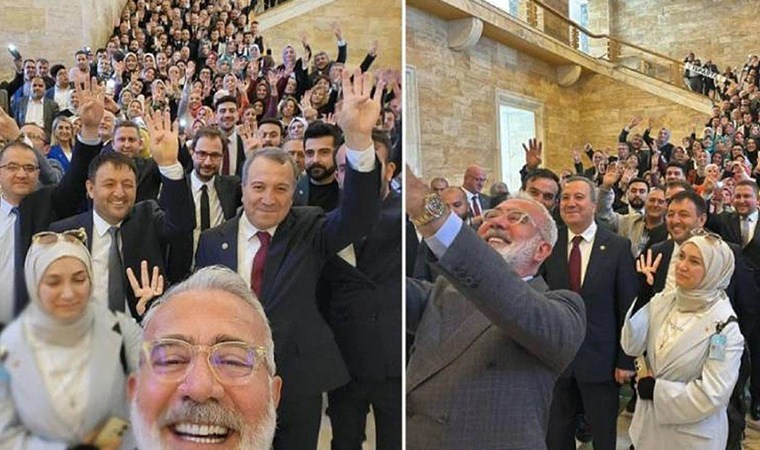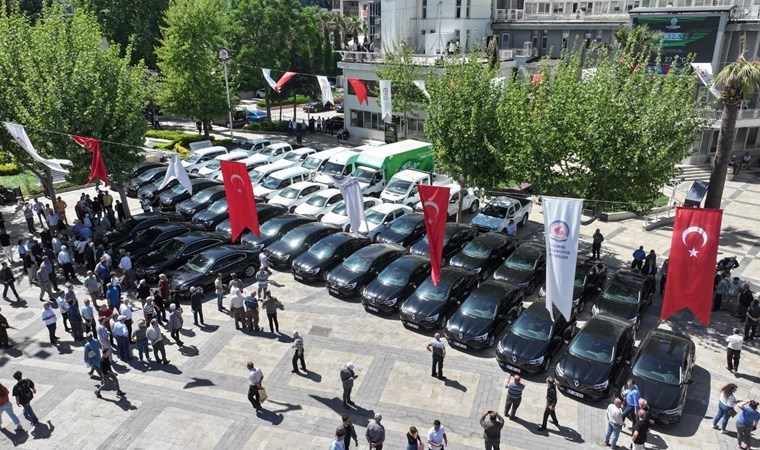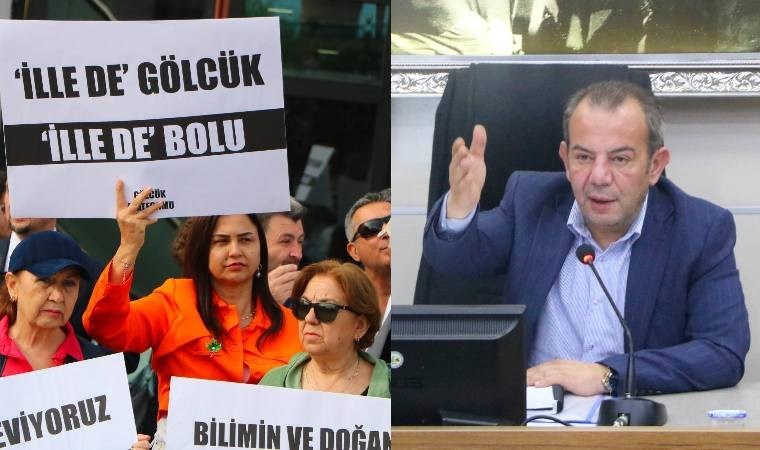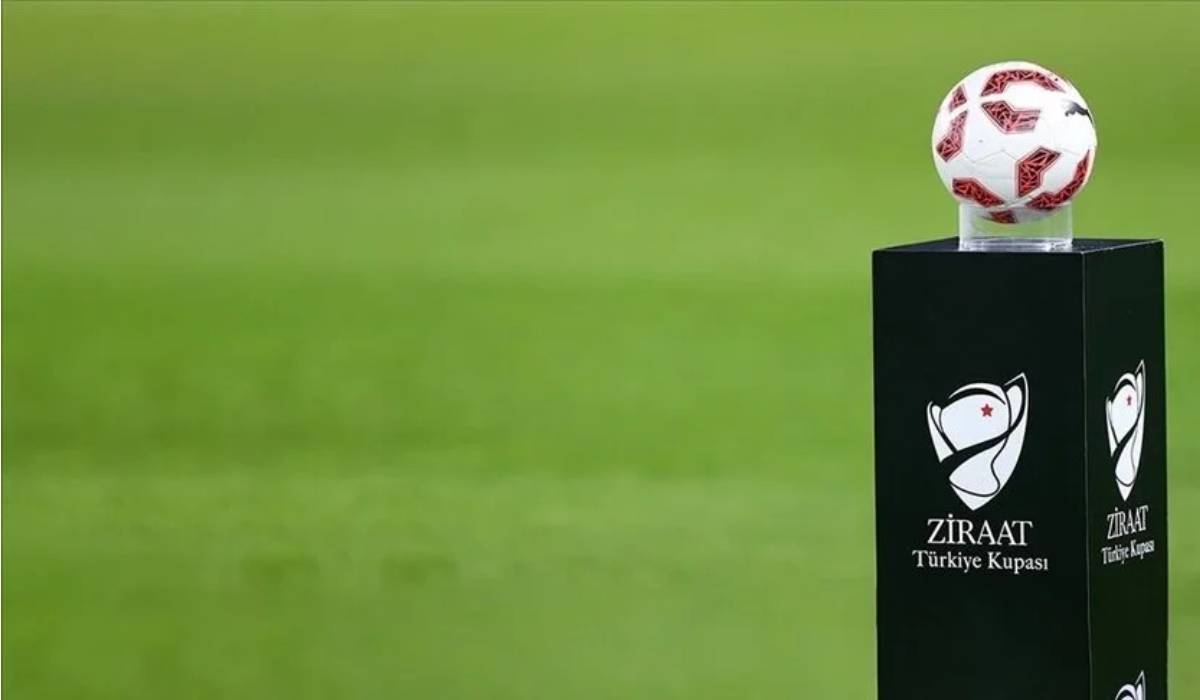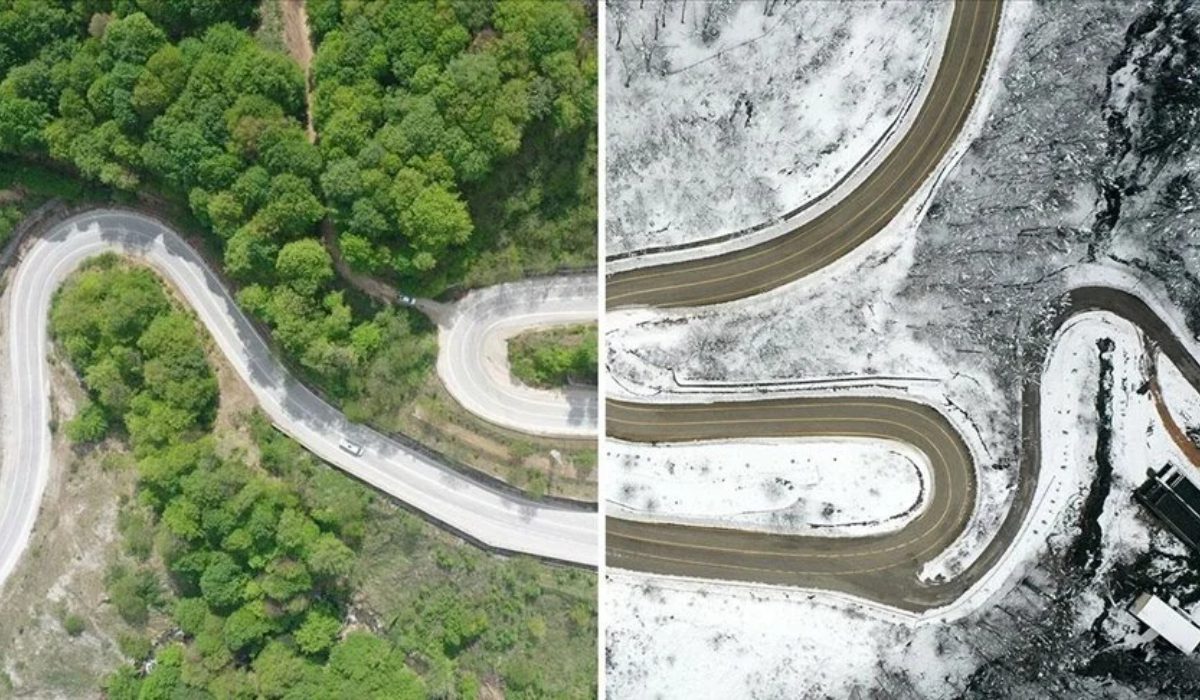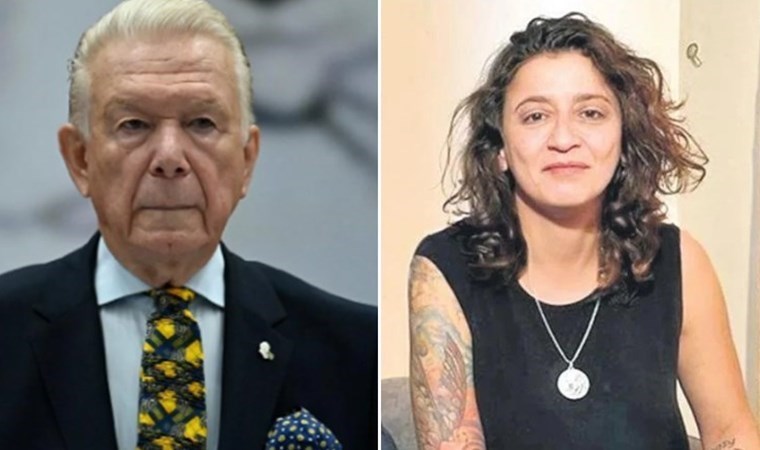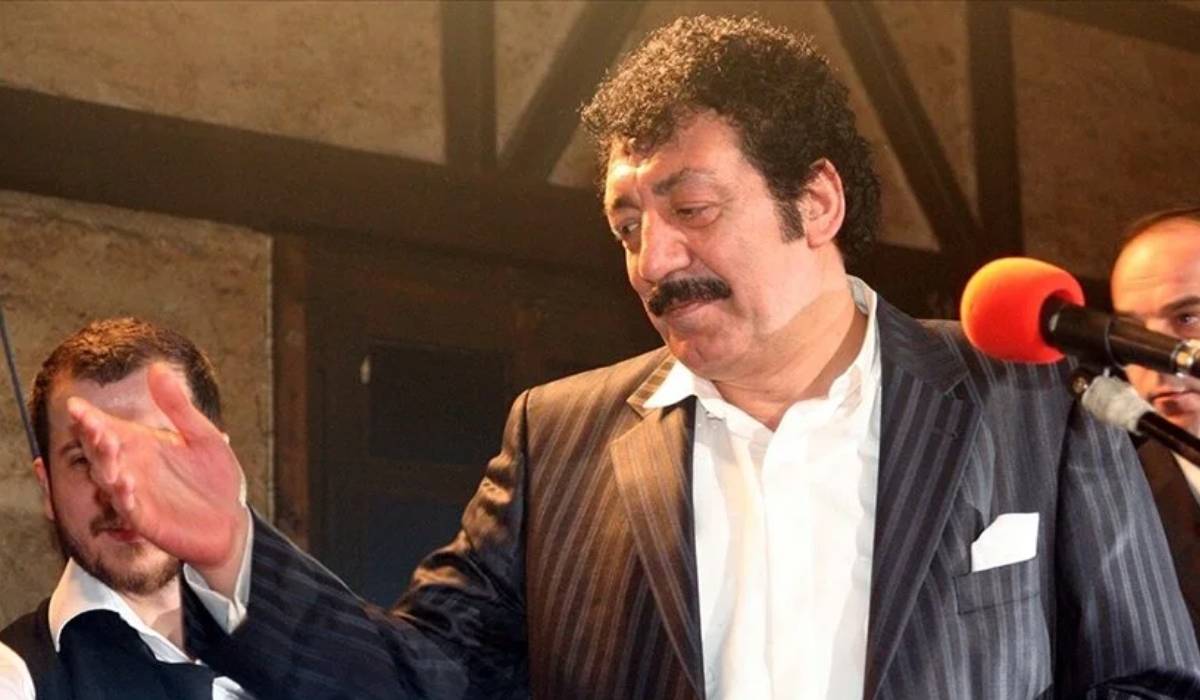Prof. Dr. İbrahim Kaboğlu on the Cumhuriyet trial – Hope and faith in the law
By PROF. DR. İBRAHİM KABOĞLU
The endless prolongation of the state of emergency proclaimed on 20 July 2016 serves the aim of intensifying the environment of intimidation in the run-up to the 2019 elections and, if it wins the 2019 elections, the single person will embark on its fourth phase of “permanent state of emergency”.
The meeting at which the statement endorsed by 365 signatories entitled “The Detainees in the Cumhuriyet Trial Must Be Released” was read on the 365th day of their detention was imbued with meaning in terms of solidarity.
I began my brief address by making a reference to dear Türkan Saylan (through a case in which we were both tried) and Ahmet Şık (through a joint book): “Bringing prosecutions over the work of the people who appear to be suspects in this matter in which they devoted their time and efforts to social work without return initially harms the needy who will benefit more than them” (Reasons for acquitting the Association for the Support of Contemporary Living administrators, Beyoğlu Penal Court of the Peace No 1, 6.6.2002). “000Book”: It is 2011 and Ahmet Şık is in prison. The warnings of teachers who overheard my phone call made by BirGün inviting me to be one of the joint publishers of “000Book”, “If you say ‘Yes’ you will be detained, too” gave a snapshot of the climate of fear of the “conspiracy period.” But Ahmet Şık is also in detention now, and has been for a full 305 days.
Following these introductory references, I continued my address by broaching some burning legal issues that have come to prominence and ended by pointing to a trap posed by political discourse.
Right to a fair trial: Thematic report
Due to the grave human rights breaches witnessed in the course of trials – including lawyers, I stressed the need for the compiling of a thematic report on the right to a fair trial under the state of emergency at the Defence Rights Workshop during the Çanakkale Justice Workshop. I stated that this duty was incumbent on the Union of Turkish Bar Associations, but the Istanbul Bar Association absolutely had to do this if the Union of Bar Associations did not. This need still continues and is pressing. I recommend this to the Istanbul Bar Association Chair and I recommend it again from here.
Four phases of the state of emergency
The need for the compiling of a thematic report will become better apparent when the state of emergency is examined from a wide perspective. Namely, the implementation of the state of emergency began in de facto terms with the implementing of the Special Security Zones Law in the South East at the start of 2015 and in the entire country with the bringing into force of the Internal Security Law number 6638 in April. On 20 July 2016, even if the state of emergency was officially proclaimed with the aim of restoring the constitutional order, it was used to eliminate the extant constitutional order. As such, the 16 April vote amounted to the fulfilment of the function and purpose of the state of emergency as far as its proclaimers were concerned. Despite this, its endless prolonging serves the aim of intensifying the environment of intimidation in the run-up to the 2019 elections. If it wins the 2019 elections, the single person will embark on its fourth phase of “permanent state of emergency”.
Three-dimensional oppression/intimidation
However huge the problems that Turkey faces (and even the Ankara massacre), there are three areas in which the ruling party does not ease up: “Destruction of the country or the environment”, “Religification of education” and “Stamping out democratic opposition – in general and with application to the Kurds”. It appears that there will be a three-dimensional widening and intensification of oppression in the run-up to the 2019 elections.
State of Emergency Commission and the courts turned into instruments
The State of Emergency Procedures Examination Commission was set up as the primary unit to which aggrieved parties whose names appear on lists annexed to state of emergency decrees with the force of law, which have been put together in a manner that defies the law and morality and even reason, and who have been deprived of legal recourse, may make application. It was set up with great delay and, without it yet having started to function, its chair was appointed Ministry of Justice Undersecretary. This move provides yet another clear pointer of the government’s view of the State of Emergency Commission that was in any case set up in a makeshift manner. With victims of state of emergency decrees with the force of law having thus been deprived of legal recourse, the courts, which should be concentrating on trying the attempted coupists, have been directed towards fabricating “thought crimes”. The Cumhuriyet newspaper trial and the other journalists’ trials form part of this very scenario. The trials brought against the Academics for Peace before the serious crime courts scheduled to start in December 2017 and which will continue in 2018 are also part of this scenario. As the courts, which should be focusing on the attempted coupists’ trials, are directed towards members of the opposition whose sole acts consist of activity of a conceptual nature, they have been turned into instruments for intimidating the democratic opposition in conjunction with the watering down of the prosecutions brought against FETOists. With journalists deprived of their right and duty to inform society and the courts having business foisted on them that should not be the subject of proceedings, the right to a fair trial is thwarted.
Hope and faith in the law
The Republic is important, but to earn the entitlement to celebrate the Republic Holiday, there must be a struggle to return to the law pursuant to “A democratic state governed by rule of law based on human rights” (Article 2 of the Constitution). In this process, there is great importance in constantly stressing and advocating the gains made under the constitution in their broad sense (Council of Europe, European Court and UN documents). A return to the law can only be possible in this way. On the way, faith in the effectiveness of the law must not be lost.
Alternation not overthrowing
Criticism directed at the government and president is generally countered with the formulation: “They want to overthrow them.” It misses the point to speak of an intent to “overthrow” in accounting for or accusing the democratic opposition movement. In fact, the endeavour by the democratic opposition to acquire political power is not only its right, but its duty, because this is the reason for its existence. Stress on the overthrowing rather than the alternation of political power is wrong and dangerous and serves the purpose of intimidating the democratic opposition. Precisely in the run-up to 2019, the dialectic between the law and politics, or the constitution and democracy, must be set up from a wide perspective; it must be taken forward by broadening the legal struggle and the circles of solidarity. Wishing for Akın Atalay, Murat Sabuncu, Ahmet Şık and Emre İper to be restored to freedom today.

En Çok Okunan Haberler
-
 Depremden bir saat önce '6-7.2 arası' diyerek uyarmıştı
Depremden bir saat önce '6-7.2 arası' diyerek uyarmıştı
-
 Cinsel açıdan en uyumlu 4 burç
Cinsel açıdan en uyumlu 4 burç
-
 Erdoğan ‘Kent Lokantası’na inanmadı
Erdoğan ‘Kent Lokantası’na inanmadı
-
 Saldırı sonrası İran'dan ilk açıklama
Saldırı sonrası İran'dan ilk açıklama
-
 AFAD: 231 ihbar geldi
AFAD: 231 ihbar geldi
-
 AKP'de 'Rolex' kazası: Paylaştı, sildi
AKP'de 'Rolex' kazası: Paylaştı, sildi
-
 ‘Artık şatafata son!’
‘Artık şatafata son!’
-
 'Bu akşam geç geleceğim eve'
'Bu akşam geç geleceğim eve'
-
 Karaköy sahiline havuz!
Karaköy sahiline havuz!
-
 Milli futbolcudan Arda Turan itirafı!
Milli futbolcudan Arda Turan itirafı!





